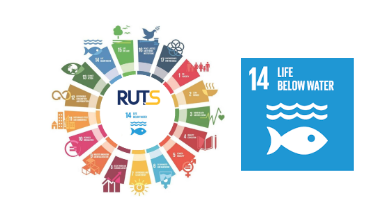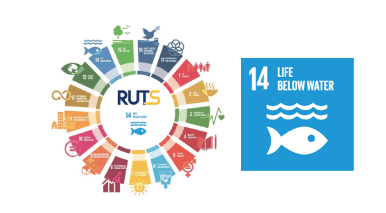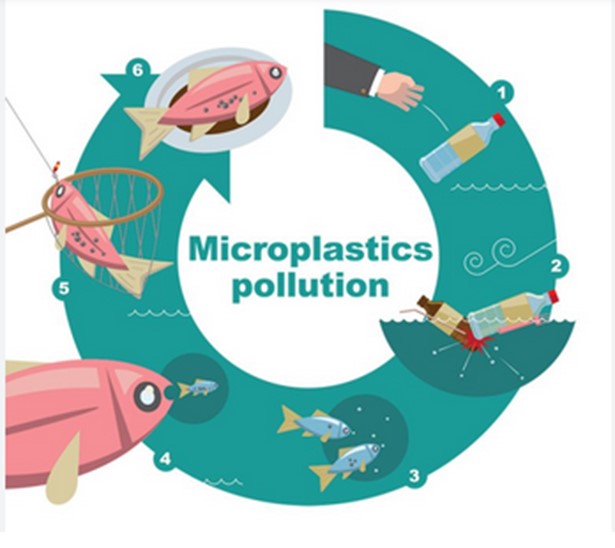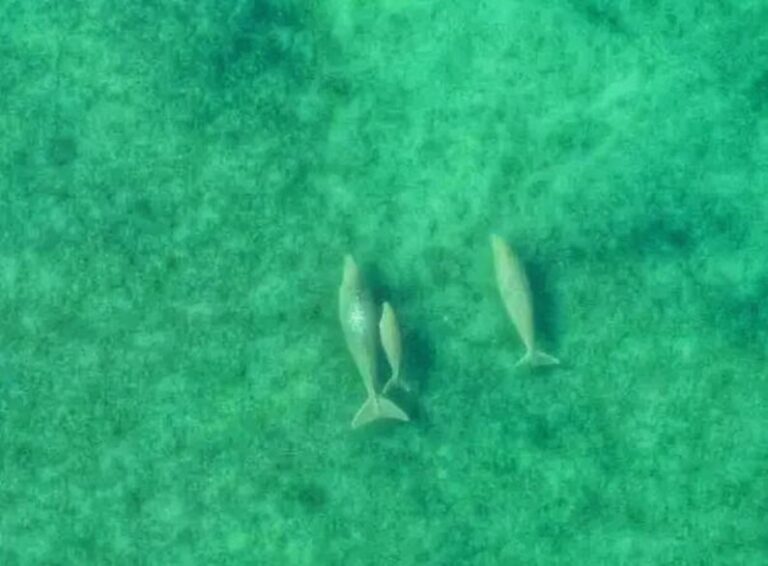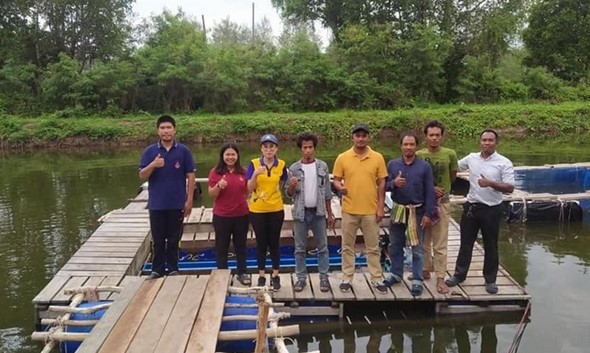SDG 14
Indicator 14.4.3
Sustainability and Stewardship
RUTS Policy to Reducing Marine Pollution
| Reporters: |
Dr. Chanyut Sudtongkong
|
|
Miss. Kanokwan Juhong |
|
|
Miss. Hathaitip Tongdoung |
October 11, 2024
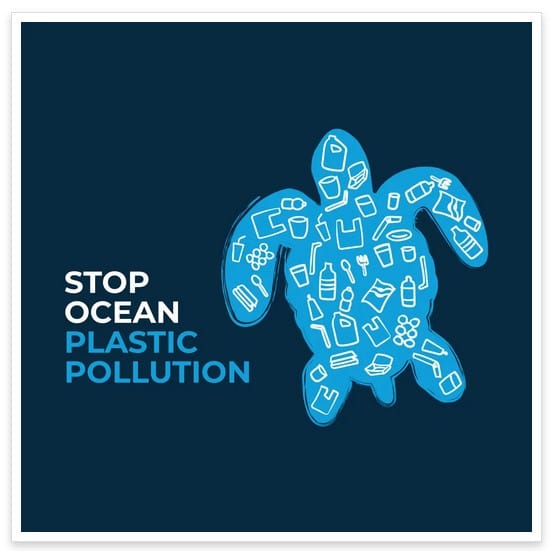
Annually, over 300 million metric tons of plastic are produced for various applications, with at least 14 million metric tons entering marine environments. Plastic constitutes approximately 80% of marine debris, affecting ecosystems from surface waters to the deep seabed. Primary sources of oceanic plastic pollution include urban waste mismanagement, industrial activities, construction, and illegal dumping.
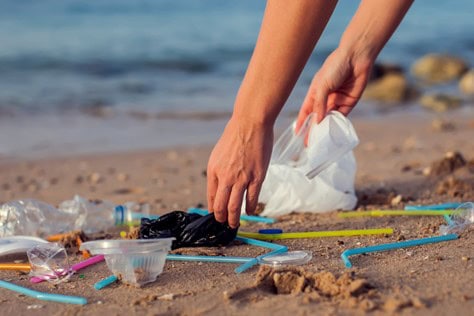
The impacts of plastic pollution on marine life are severe; it can entangle and suffocate animals, leading to injury or death, and ingestion can obstruct digestive tracts, resulting in malnutrition and starvation. Furthermore, plastic debris can leach harmful chemicals into marine ecosystems, which may bioaccumulate in food webs and ultimately pose health risks to humans through seafood consumption.
Beyond direct ecological effects, plastic pollution has significant economic and social repercussions. It can harm coastal tourism by rendering beaches and waterways unattractive and unsafe, while also reducing fisheries’ productivity due to entangled nets and gear. Marine wildlife, such as seabirds, whales, fish, and turtles, often mistake plastic for prey, leading to starvation from gastrointestinal blockages, as well as lacerations, infections, and reduced swimming ability.
Rajamangala University of Technology Srivijaya (RUTS) is dedicated to supporting the United Nations’ Sustainable Development Goals (SDGs) through its policies and practices. The university has implemented various policies, action plans, and initiatives aimed at reducing plastic waste and marine litter. These efforts to combat plastic pollution and marine debris are primarily carried out by students, faculty, and a range of RUTS partners.
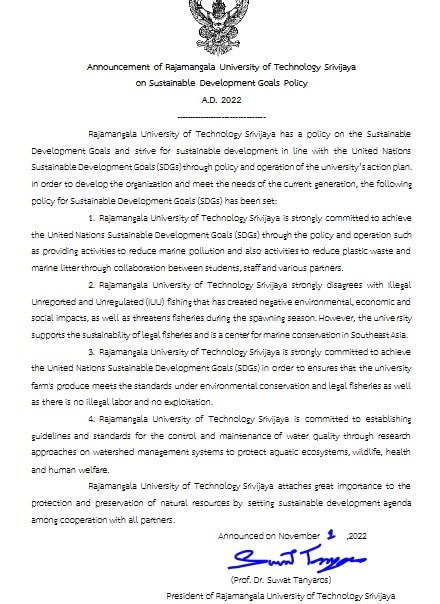
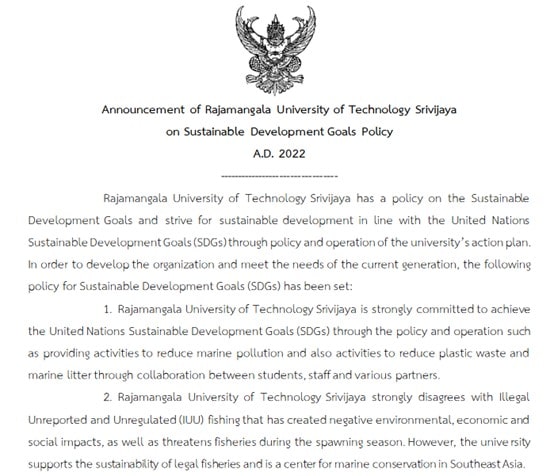
Some specific activities that RUTS could undertake include:
- Garbage Bank program to collect plastic waste and implementing a ban on single-use plastic bags across all RUTS campuses. This initiative aims to transform waste into revenue by collecting and sorting plastic waste, allowing participants to exchange it for cash.
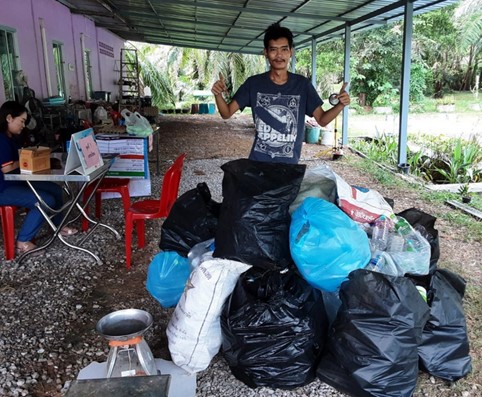
- Campaign to raise awareness of marine pollution and encourage reduced plastic consumption
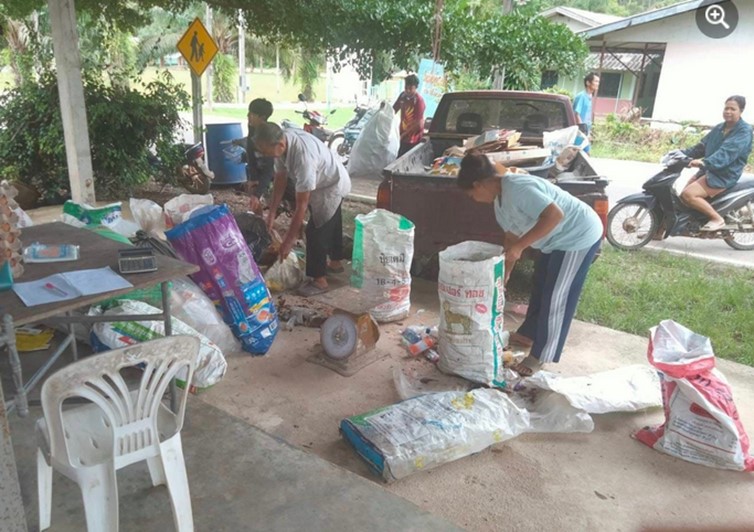
- Beach and coastal cleanups campaign to reduce marine debris
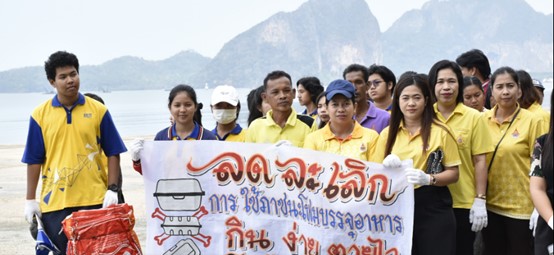
In addition, RUTS has implemented a number of initiatives to reduce plastic waste and marine litter in Trang Province. These initiatives include:
- Conducting research on the sources and impacts of marine pollution in the region.
- Developing and implementing educational programs to raise awareness of marine pollution and its impacts.
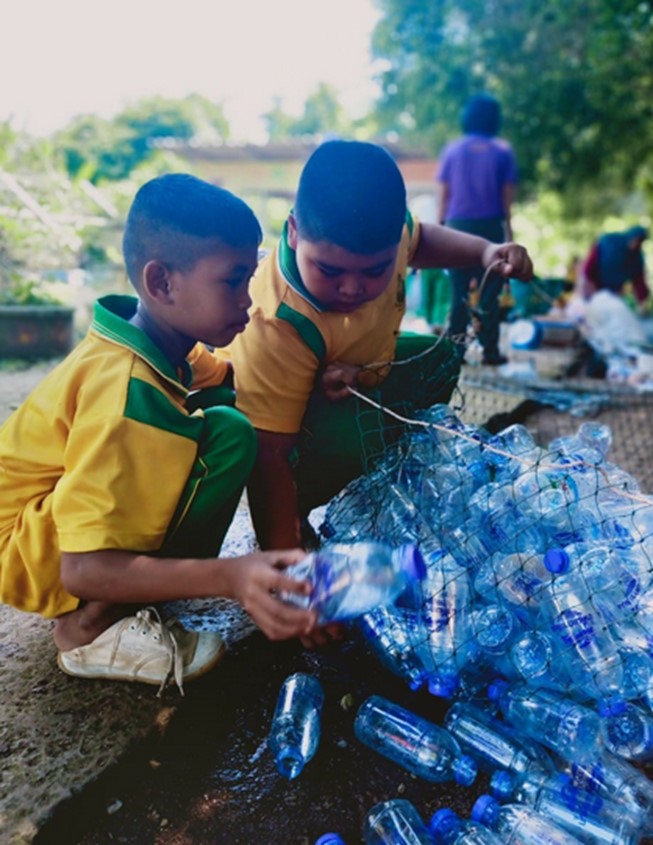
- Working with local communities and businesses to reduce their plastic waste.
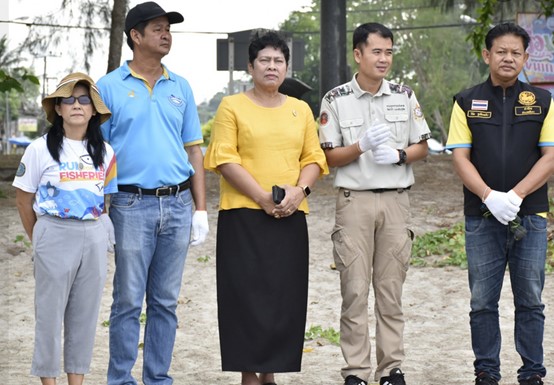
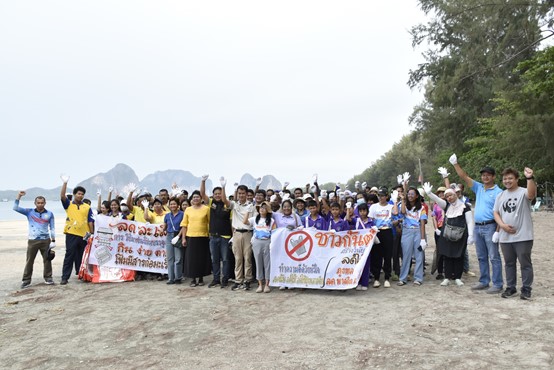
Related Links:
https://statute.rmutsv.ac.th/file/306797.pdf
https://statute.rmutsv.ac.th/file/3718.pdf
https://www.vectorstock.com/royalty-free-vector/stop-ocean-plastic-pollution-vector-27102363
https://www.facebook.com/photo/?fbid=670989855127454&set=pcb.670965571796549
https://www.facebook.com/photo.php?fbid=826811582818611&set=a.631560665677038&type=3
https://www.facebook.com/photo.php?fbid=826811566151946&set=a.631560665677038&type=3
https://www.facebook.com/photo.php?fbid=826811399485296&set=a.631560665677038&type=3

